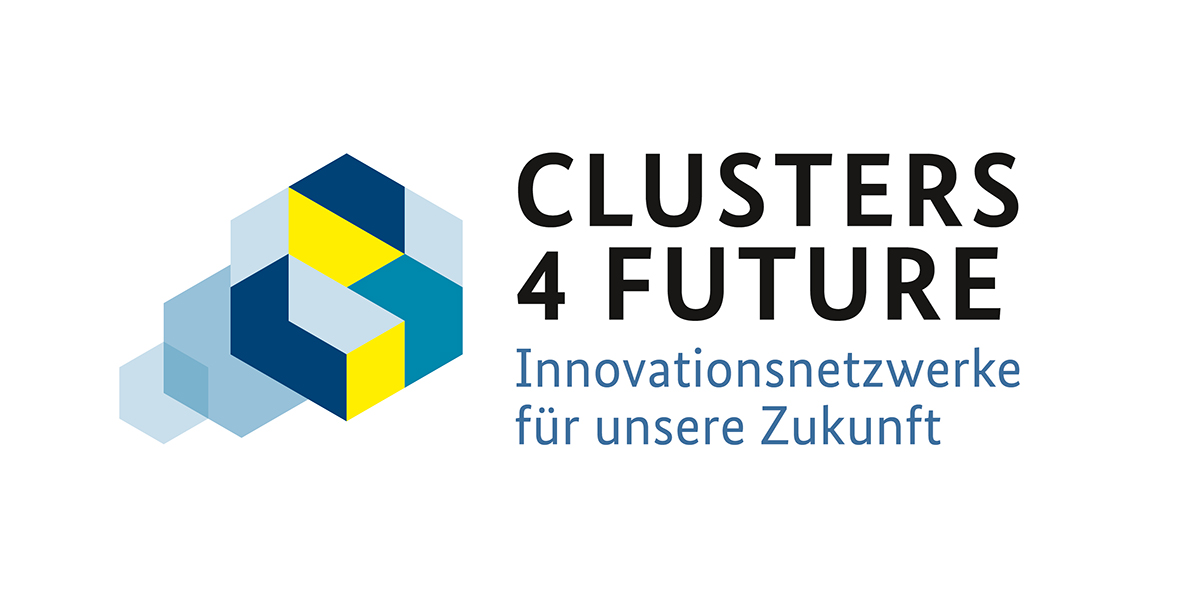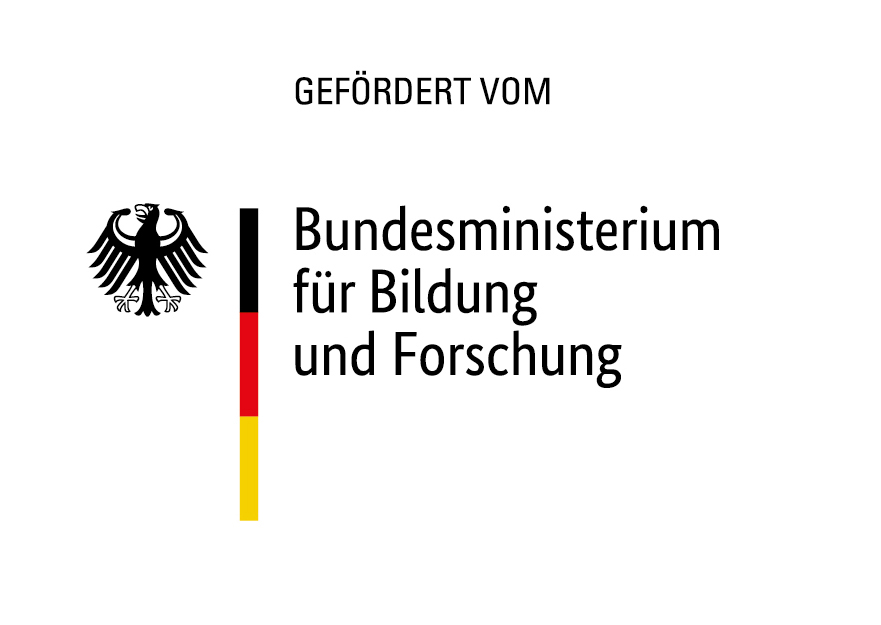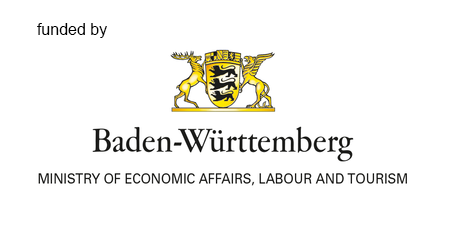Public funded projects
At Actome, we are committed to contributing to public funded projects that have the potential to positively impact society. We are proud to participate in various research initiatives and programs that align with our values and mission.
Some of the ways we contribute to public funded projects include providing expertise in protein analysis and detection, collaborating with academic and research institutions, and offering our innovative products and solutions to advance scientific discovery.
We believe that by working together with the scientific community, we can help drive progress in fields such as healthcare, environmental science, and more. For more information about our involvement in public funded projects, please see the details listed below.
PICO-NGS nanodiag BW EV-Surf AMULATOR-N Virus-DualPICO-NGS
Ultra-sensitive and simultaneous quantification of proteins, protein-protein interactions (PPI), and post-translational modifications (PTM) in single cells to enable exponential growth in proteomics and interactomics.
PICO is the first digital immunoassay that quantifies membrane and soluble proteins, PPIs, and PTMs simultaneously in single cells.
PICO encodes protein status into DNA identifiers and can be readout in ubiquitous DNA sequencing equipment. At the current minimum viable product (MVP) status (up to 5 targets with dPCR readout), PICO already is one of the most sensitive immunoassay, and it is the only one providing absolute quantification down to 100 target molecules per cell.
During this EIC Accelerator, PICO-NGS moves to the alternative readout with next generation sequencing (NGS) applied to single cells and introduces a patented barcode strategy and innovative handling of single cells.
Here are the highlights of our groundbreaking PICO-NGS technology:
- Analyze 50 protein targets simultaneously in a single cell
- Precise low-volume handling enables you to do several technical replicates from a single-cell
- Never seen sensitivity down to attomole concentration
- Analyze the 10 most important pathways in a single cell in just one run
Funding body: European Union
Program: EIC Accelerator Program "European Innovation Council"
Duration: 24 months, started: Aug 2023
FKZ: 190140802
nanodiag BW
Clusters4Future is an initiative of the Federal Ministry of Education and Research (BMBF). The future clusters contribute in particular to the transfer of knowledge and technology. With the regional approach of cluster funding, they link directly to cutting-edge research and thus ensure that technological and social innovations reach people's everyday lives more quickly.
The clusters receive funding for up to three times three years.
The nanodiagBW future cluster brings together multidisciplinary research results that are on the edge of implementation and develops them into a generic platform that enables powerful diagnosis. By translating nanopore technology into innovative products and services, it is making an important contribution to the earlier detection and more targeted treatment of common epigenetic diseases such as cancer, diabetes, cardiovascular, mental, neurodegenerative and infectious diseases. This promotes the health of citizens and increases their quality of life.
Actome is part of the Subproject P3 "Interactome-Profiler".
1. Development of algorithms and software for evaluation of PICO assay and interactome profiling
Evaluation of antibodies for detection of molecular targets: Data from PICO assays (signal strength, background, specificity) will be evaluated, algorithms for the PICO assay will be adapted. Determination of the sensitivity and specificity of the PICO assay.
Interactome Profiling: PICO algorithms are used to analyse PICO assay data for quantification of modified targets and protein-protein interactomes to directly assess the impact of PTMs on protein interactions for the first time (unique selling point of PICO technology).
Correlative analysis of the PICO assay and the transcriptome: A multivariate analysis is performed with the available experimental data and compared with the results of the PICO assay. AI algorithms will be used to determine the potential interactions between individual parameters.
Integrated evaluation of PICO assays with clinical parameters: The AI models and algorithms will be trained using public databases and data from DIZ and compared with the results of the PICO assays. The data collected (in vitro models and patients) will be used to generate first application results for the PICO assay (PTM / Interactome Profiling).
2. System integration (molecular, nano, and microfluidic)
Selection and characterisation of binding partners: Antibody candidates are selected and characterised for the PICO reference assay. For unambiguous assignment of the subsequent nanopore sequencing data, these will be labelled with barcode and UMI (unique molecular identifier).
PICO reference assay: A reference assay is established based on the selected binding partners. Detection will be performed by digital polymerase chain reaction (dPCR) in 106 partitions, followed by nanopore sequencing using an Oxford NP sequencer.
Optimisation and extension PICO reference assay: The reference assay will be optimised and expanded to include at least 5 analytes, theoretically allowing the detection of up to 125 protein-protein interactions in parallel.
Funding Body: Federal Ministry of Education and Research, BMBF
Program: Zukunftscluster-Initiative (Clusters4Future)
Duration: 3x3 years, Project "Interactome-Profiler" 36 months, started: April 2023
FKZ: 03ZU1208CB
Project Partners:
- Universität Freiburg incl. Uniklinik Freiburg
- Hahn-Schickard Institut
- Computomics GmbH
- Sciomics GmbH
- Temicon GmbH
- Q-Bios GmbH
EV-Surf
AI-assisted diagnosis and therapy recommendation using the example of prostate carcinoma.
The earliest possible diagnosis of cancer and the recognition of therapy resistance are of utmost importance in order to maximise the survival chances of those affected. Even a very small blood sample contains millions of extracellular vesicles (EV), which have highly specific cancer signatures in the form of proteins on their surface. The EV-Surf project combines recent revolutionary advances in protein analytics, e.g. miniaturisation through microfluidics, digital assay technology and AI-based identification of protein patterns, to realise novel, highly accurate diagnostics. Using prostate cancer as an example, this project aims to demonstrate that the current sensitivity and specificity limitations of blood-based tests can be overcome based on the digital analysis of EVs.
Actome's part: Establishment of a molecular biological method for the detection of surface proteins on extracellular vesicles. The patented Protein Interaction Coupling method (PICO) from Actome GmbH can already detect a few hundred protein molecules in a sample. In the present sub-project, the PICO method is to be adapted to the requirements of the collaborative project and, in particular with regard to the biomarkers to be detected on the EV, a functional assay is to be established that can be used both on conventional dPCR equipment and on the functional sample for POC analysis. The main objective of this sub-project, namely to establish a functional PICO assay for the intended application and to evaluate its analytical or clinical performance for the first time, is crucial for achieving the goals of the collaborative project. Compared to the state of the art, the innovative technology of the consortium is characterised by the following desired features.
Funding Body: Federal Ministry of Education and Research, BMBF
Program: KMU-innovativ
Duration: 36 months, started: Feb 2023
FKZ: 13GW0605B
Project Partners:
AMULATOR-N
Development of a bioinformatics software for highly parallel analysis of next-generation sequencing data generated using PICO technology.
Within the framework of the project, browser-based bioinformatics software is to be developed ('AMULATOR-N'), which enables the highly parallel evaluation of molecular biological data generated with the Protein Interaction Coupling Technology (PICO). Actome's patented PICO technology enables the detection of proteins and protein-protein interactions with the highest sensitivity in liquid samples. Even a large number of target molecules can be measured simultaneously. However, the software currently belonging to the PICO products can so far only evaluate experimental data serially, which entails a great loss of information. The aim is to develop software with an extended range of functions that can process any number of different PICO data sets in parallel. The software should be compatible with data measured by digital PCR as well as by next-generation sequencing. Finally, the software will be implemented, tested and validated as a web application in order to be offered as software-as-a-service by Actome.
Funding body: Ministry of economic affairs, labour and tourism Baden-Württemberg
Program: InvestBW
Duration: 24 months, started: Nov 2022
FKZ: BW1_3005
Note: This is a single funded project
Virus-Dual
Detection of multiple parameters of the immune response in viral diseases.
In this project, a generic platform for the molecular diagnostic characterisation of the immune response in viral diseases from blood serum will be developed on the basis of the digital PCR (dPCR) method. To demonstrate the performance and to compare it with existing tests, a clinical evaluation will be carried out with samples from patients proven to have COVID-19. The aim is to provide a highly sensitive (quantification also in the subnanomolar range) and quantitative detection method that can be used both for professional laboratory diagnostics in high throughput and decentrally at the point-of-care (POC). The novel generic method will be developed using targets relevant to COVID-19 disease and adaptable to current needs (group-specific IgG, IgM, IgA and type-specific neutralisation antibodies against S protein). The performance as a POC test will be demonstrated by means of a functional model.
Actome's part: Establishment of a molecular biological method for the highly sensitive detection of antibodies in blood serum. In this subproject, two molecular biological detection methods based on Actome's innovative protein interaction coupling technology (PICO technology) are being researched:
- an assay for the simultaneous and quantitative detection of the antibodies Ig-G, Ig-M, Ig-A
- a virus neutralisation assay to quantify neutralising antibodies against SARS-CoV-2 viruses by detecting the interaction between S protein and ACE-2 receptor.
Blood sera from patients suffering from COVID-19 are used as samples, which are provided by the University Hospital of Freiburg as part of the overall project. The novel assay makes it possible to determine the relevant antibodies with about 10- to 100-fold increased sensitivity compared to currently available methods and to detect neutralising antibodies instead of using an elaborate, cell-based virus neutralisation assay by directly measuring the inhibition of the interaction of S protein and ACE-2.
Funding Body: Federal Ministry of Education and Research, BMBF
Program: Prävention und Versorgung epidemisch auftretender Infektionen mit innovativer Medizintechnik, InfektoMedTEch
Duration: 36 months, started: March 2023
FKZ: 13GW0595B
Project partners:





